Karan Jani
-
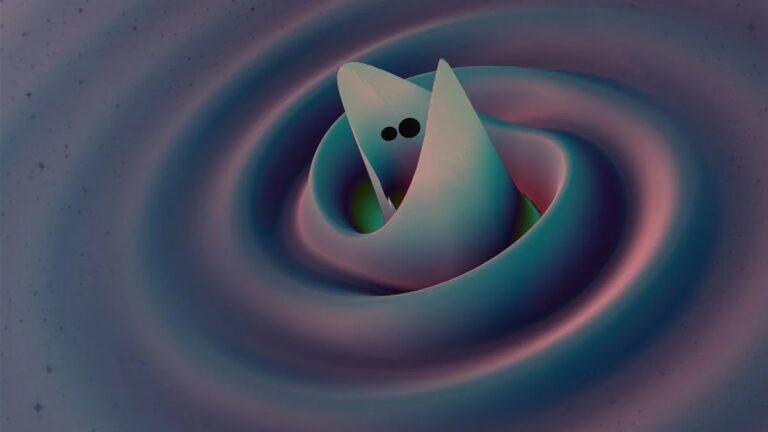
On the 10-year anniversary of the first gravitational wave detection, A&S astrophysicists lead the way in discoveries
On September 14, 2015, at 4:51 a.m. Central Time, scientists witnessed something no human had ever seen before: two black holes colliding. These black holes, which were 29 and 36 times the mass of the sun, respectively, had been circling each other for millions of years. Their rotations became increasingly faster until they eventually collided and became a single black hole. Since then, scientists have had numerous breakthroughs that deepen our understanding of the universe, and researchers in the College of Arts and Science have been at the forefront, shaping the scientific field of black holes and gravitational waves. Read MoreOct 23, 2025
-

Scientists discover new evidence of intermediate-mass black holes
While we know that intermediate-mass black holes should exist, little is known about their origins or characteristics—they are considered the rare “missing links” in black hole evolution. However, four new studies have shed new light on the mystery. The research was led by a team in the lab of Assistant Professor of Physics and Astronomy Karan Jani, who also serves as the founding director of the Vanderbilt Lunar Labs Initiative. Read MoreJun 12, 2025
-
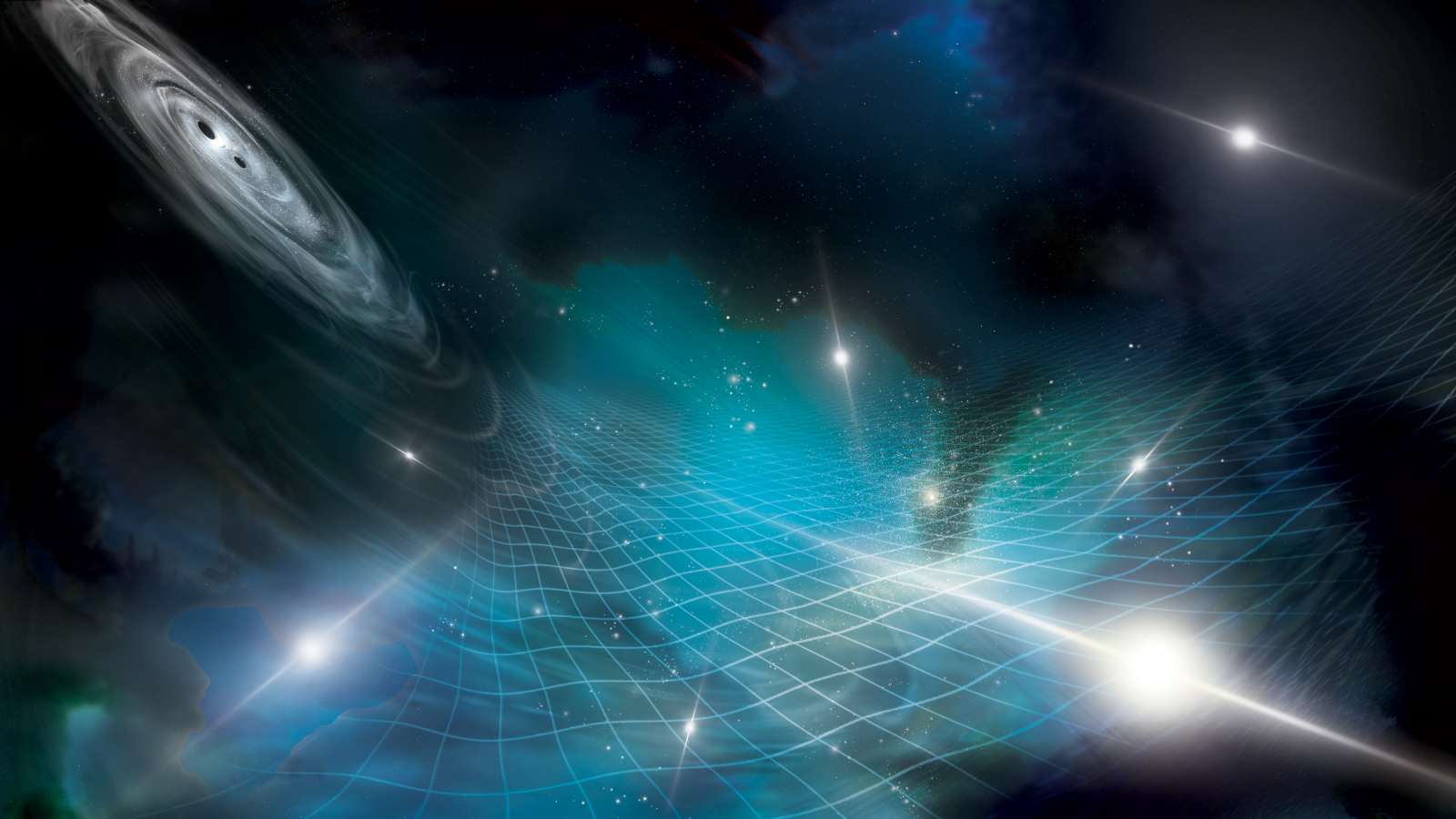
Vanderbilt’s AI for New Messengers fellowship drives breakthrough in black hole detection
Hunting for black holes sounds like the premise of a new Hollywood blockbuster, but at Vanderbilt University, Assistant Professor of Physics and Astronomy Karan Jani works with students in a lab to do exactly that. Last year, Jani’s group at the Department of Physics and Astronomy, along with the university’s Data Science Institute, jointly launched the AI for New Messengers postdoctoral fellowship. The fellowship, one of the first of its kind in the U.S., seeks to apply AI techniques to analyze data from cosmic events (such as black hole collisions) using information from the Nobel Prize–winning Laser Interferometer Gravitational-Wave Observatory (LIGO) experiment. Read MoreSep 25, 2024
-
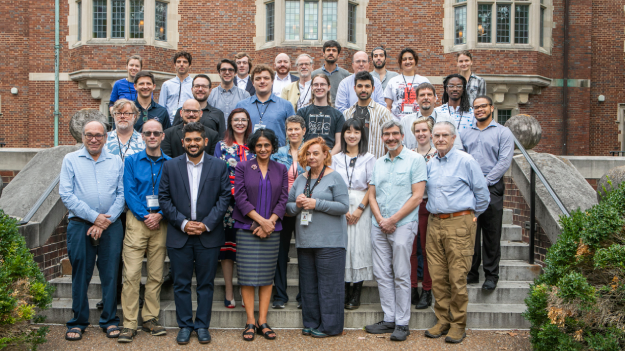
Vanderbilt hosts first international meeting to plan space-time observatory on the moon
Vanderbilt hosts first international lunar gravitational wave workshop, including a Nobel laureate, a NASA administrator, leading astrophysicists and more, to identify opportunities and resources to continue exploring our universe. Read MoreOct 23, 2023
-
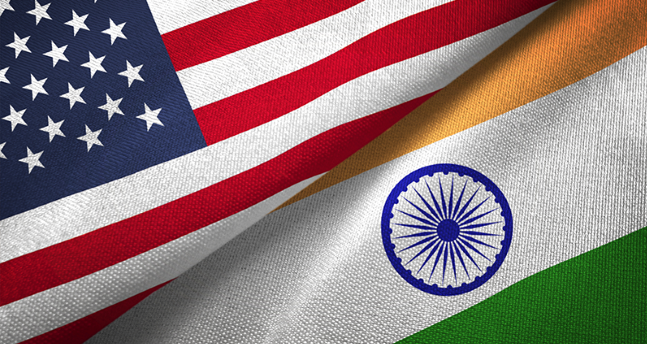
Global Strategy at the Forefront: Vanderbilt and the AAU Task Force’s U.S.-India Focus
Discover how Vanderbilt is driving innovation in fields ranging from transportation solutions and climate studies to astrophysics and inclusive education. Read MoreJun 29, 2023
-
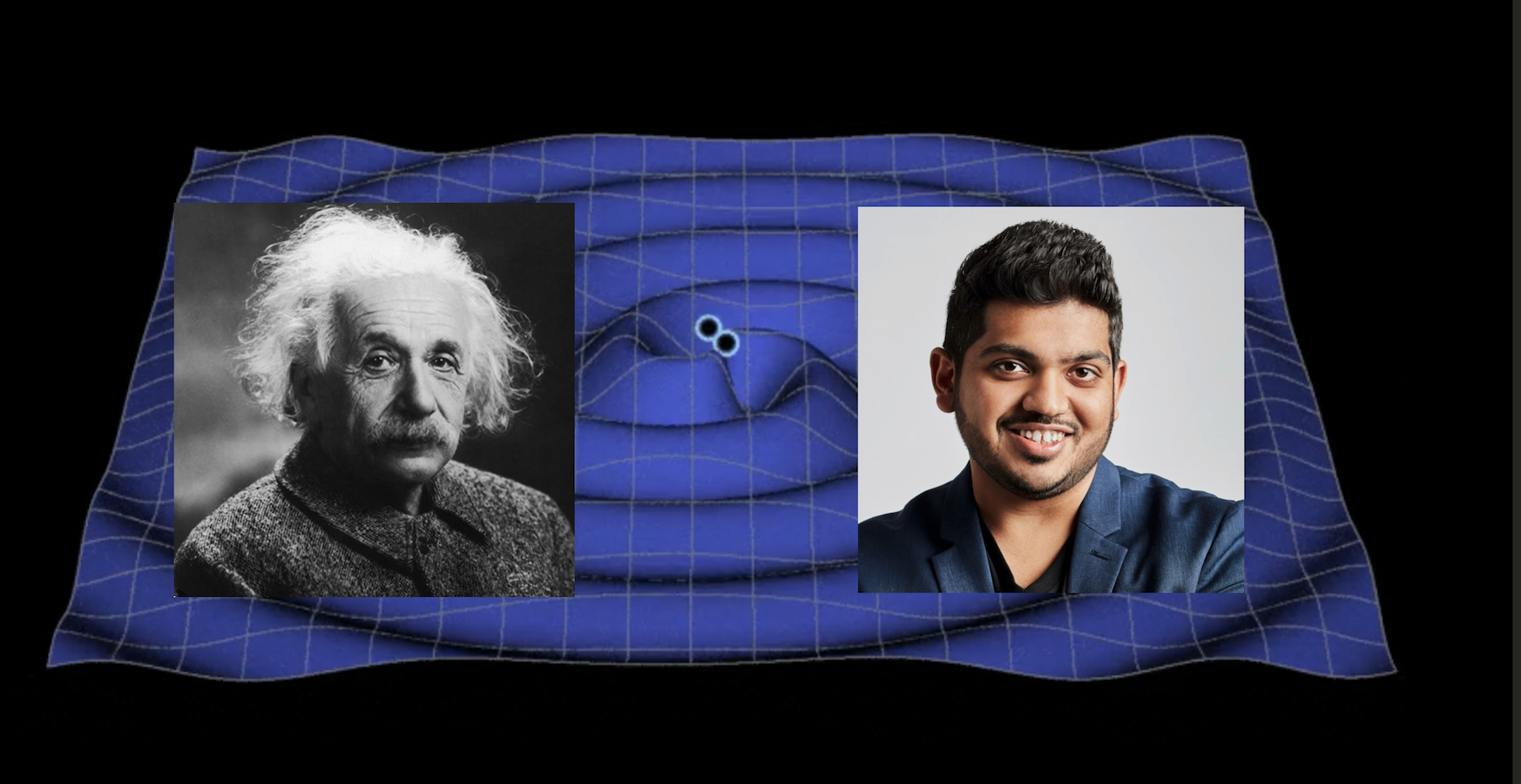
Scientist who helped prove Einstein theory opens doors to black holes for students with diverse majors
Vanderbilt astrophysicist Karan Jani helped prove Einstein's theory of relativity as it relates to black holes and gravitational waves. Learn how he's using his expertise to teach undergrads with diverse majors who are eager to learn about space. Read MoreJun 26, 2023
-
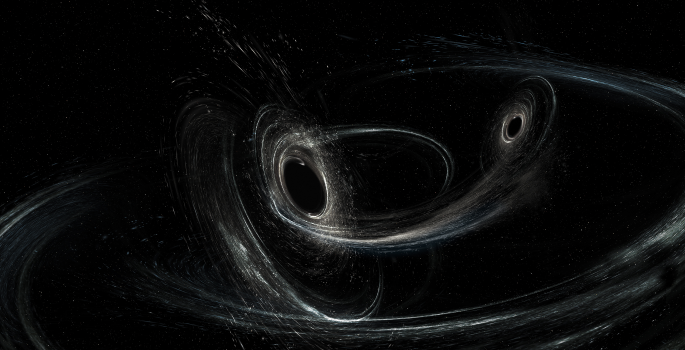
How many stars eventually collide as black holes? The universe has a budget for that.
A promising new study developed by one Vanderbilt astrophysicist may give us a method for finding the number of available stars in the history of the universe that collide as binary black holes. Read MoreJan 31, 2020
-
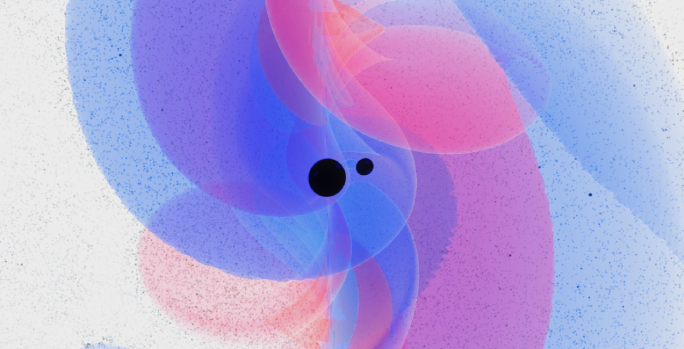
Here’s how a Vanderbilt astrophysicist plans to observe a black hole ‘symphony’ using gravitational wave astronomy
New research led by Vanderbilt astrophysicist Karan Jani presents a compelling roadmap for capturing intermediate-mass black hole activity. Read MoreNov 18, 2019